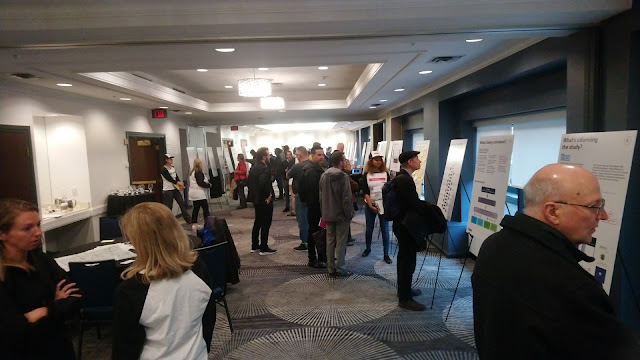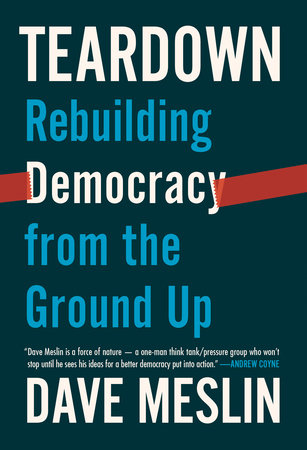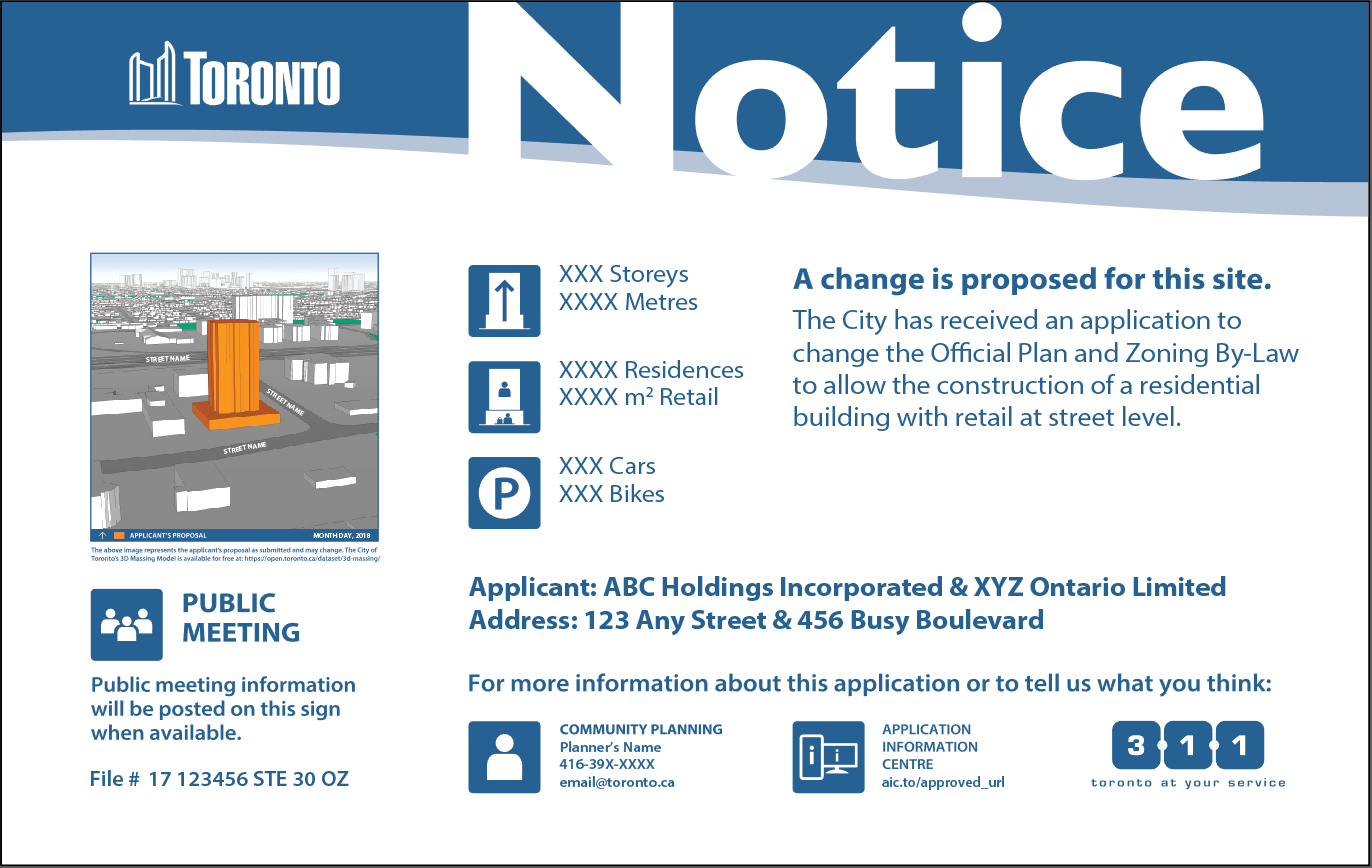Throughout this book, Meslin calls on readers to challenge their thinking of different aspects of our democracy; especially with the “Mechanics of Exclusion” chapter where he explores ways governments can learn from businesses. In the retail sector – which for full disclosure I work in – businesses use flashy, easy to read advertising to encourage people to buy their products and design their stores and/or websites to be as open and easy to navigate as possible. Governments, on the other hand, appear to do the opposite from engaging citizens. A closed committee room door could give potential speakers the impression they aren’t welcome, while development proposal signs and other public notices used to be boring and filled with jargon average citizens don’t understand to reduce opposition. Citizen engagement is further depressed with the holding of committee and city council meetings during weekdays; meaning people have to take time off work or school to speak on an item of interest. Finally, Toronto city hall has been slow with bringing in WiFi and doesn’t allow food and beverages, signs, or clapping despite councillors being able to do so.
Old Toronto development proposal notice (via Spacing) compared to new notice (via City of Toronto) - notice how easier to read the new sign is
The chapter on political parties called “It’s My Party (and I’ll Cry if I Want To)” is a big bag of hurt for hardcore partisans, yet timely with today’s official kickoff for the October 21 federal election. Even so, Meslin’s observations remind me of my experiences volunteering with campaigns. While grassroots protests have lots of creative home-made signs, they are banned from political party rallies along with signs from local candidates. Only hundreds of the same leader sign with a short slogan are allowed and the leader’s spontaneity is dampened with the excessive use of teleprompters. Election canvassing has become less about discussing issues and more on identifying supporters for a GOTV (get out the vote) operation; something Meslin dismissed as a scam. (ouch) Parties and riding associations make very little effort to recruit new members except during leadership or candidate nomination races, while party discipline is more strict in Canada’s House of Commons than in other Western democracies. Despite these weaknesses, Meslin still encourages people to join political parties to help change the process.
 |
| Ontario NDP rally from June 2018 - A similar experience can be found with other parties |
 |
| A Yonge TOmorrow open house showing the possibilities for the future of downtown Yonge Street |
The book wraps up with a call for readers to not ask for permission, but rather invite themselves to participate in their communities and to start small within their neighbourhoods, schools, and workplaces. Small scale projects done over time will help build confidence in the ability to influence change and dismantle existing barriers, which in turn would inspire even more citizens to participate. It all starts with you coming forward and focusing on what issues matter to you.
Fight on!
Rob Z (e-mail)


No comments:
Post a Comment